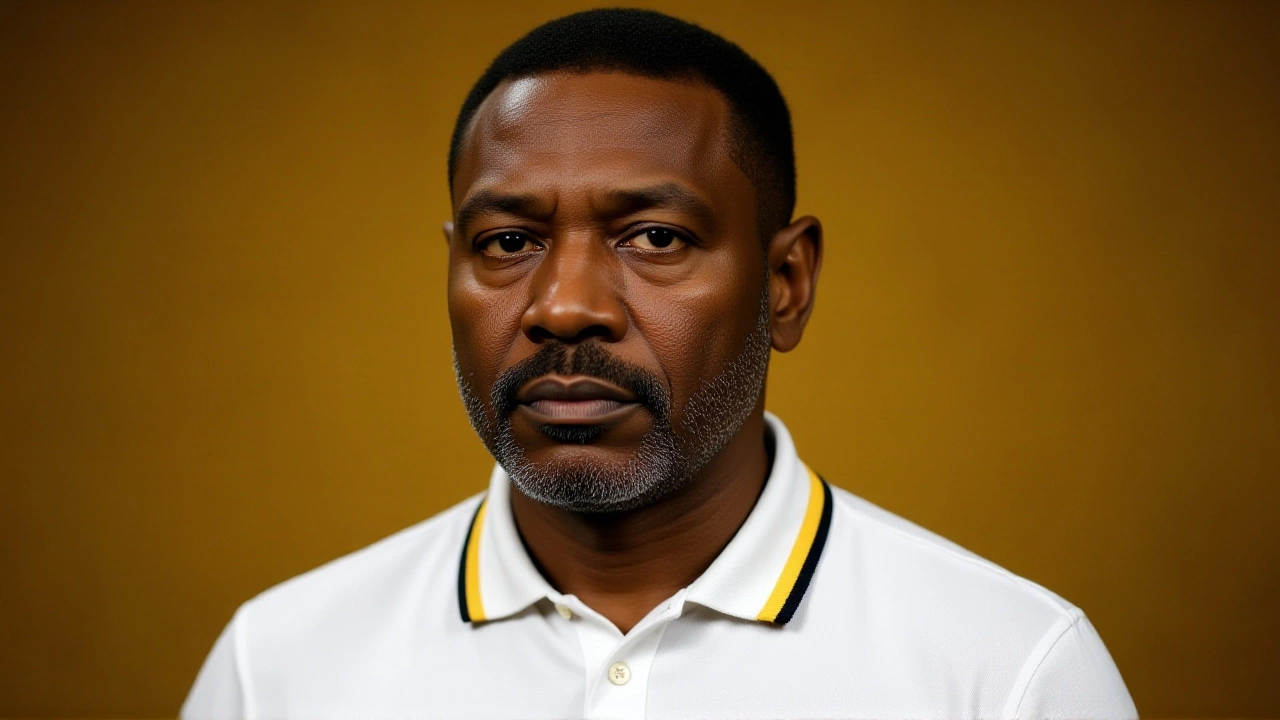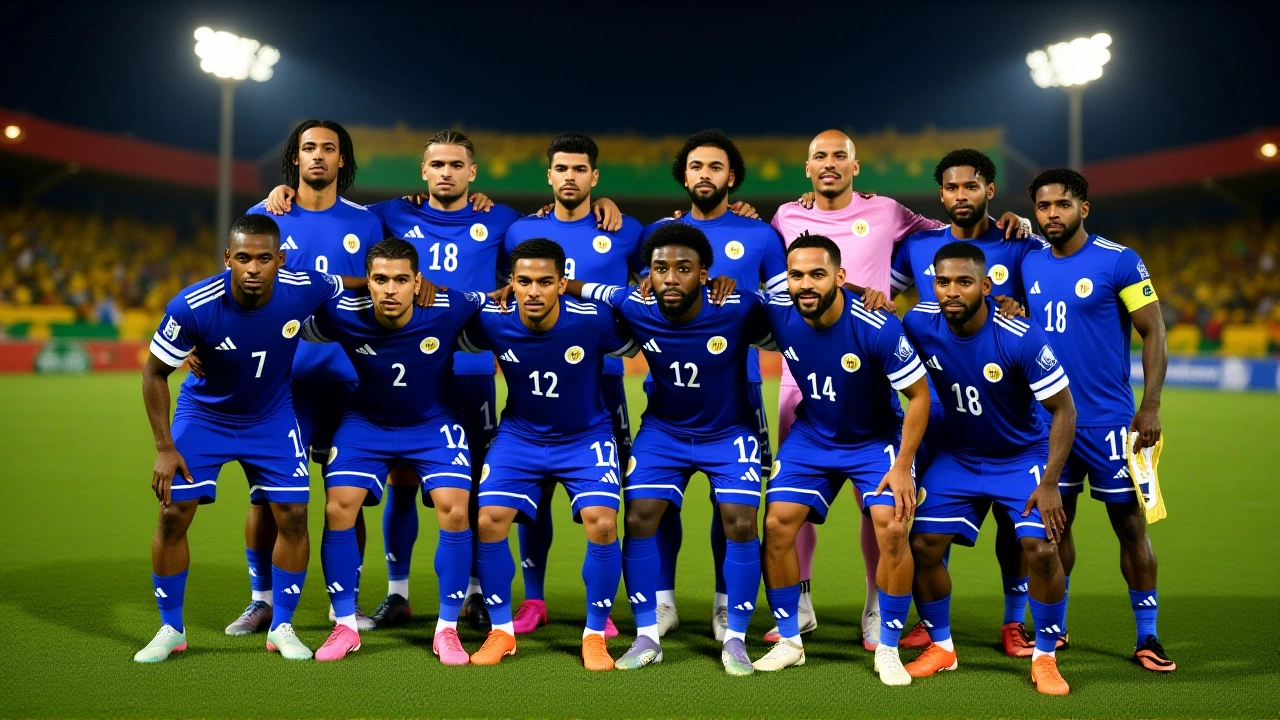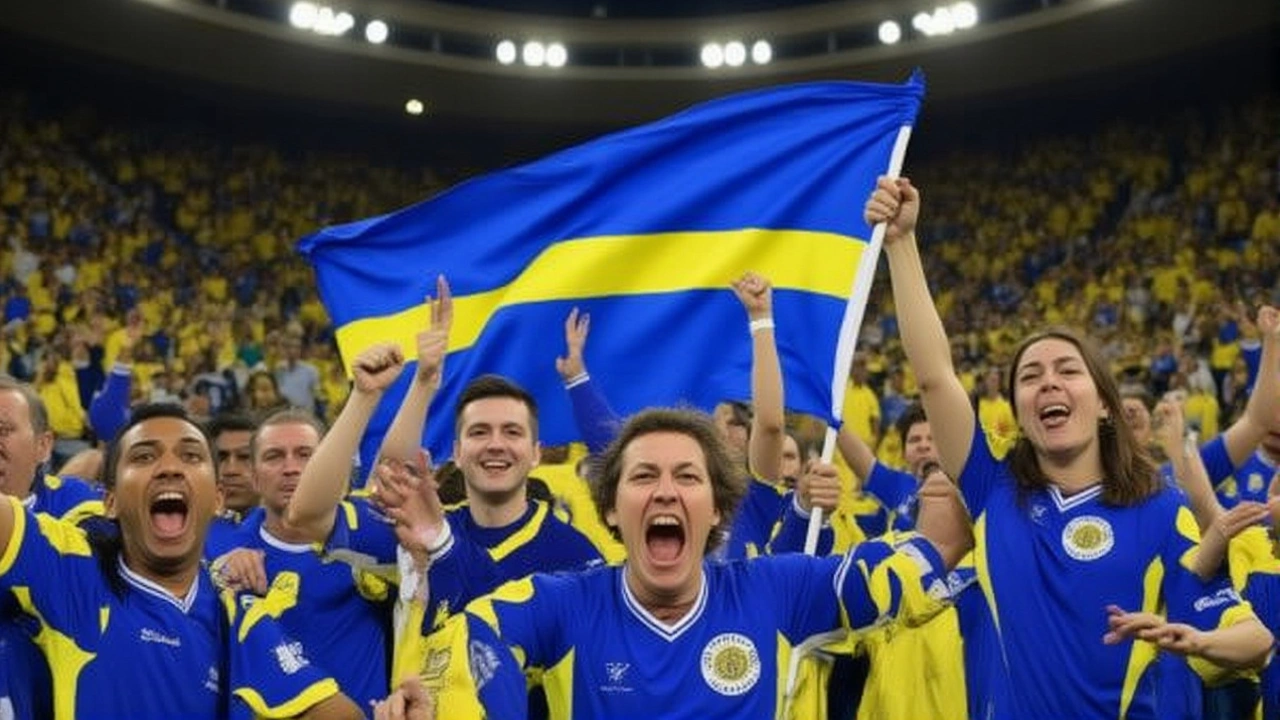Haiti Stuns World With First World Cup Qualification Since 1974 Amid Chaos

On November 20, 2025, at 0:02:38 UTC, Haiti did the impossible. Defeating Nicaragua 2-0 in a rain-slicked match in Panama City, the Haitian national men’s soccer team clinched top spot in their FIFA World Cup Qualifying - Concacaf group — and ended a 52-year wait to return to the 2026 FIFA World Cup. No home stadium. No stable government. Just a team that refused to quit.
A Victory Against All Odds
Haiti didn’t just qualify. They outperformed Honduras and Costa Rica — two teams with deeper rosters, better funding, and decades of World Cup experience. The final score? 2-0. The shockwave? Immediate. Fans in Montreal, Toronto, Miami, and Paris erupted. In Montreal’s Little Haiti district, car horns blared, drums rolled, and Haitian flags waved from every balcony. One fan, speaking to CBC News, said: "It’s surreal. I thought I’d die before seeing this." Another, who’d spent years supporting Brazil, admitted: "Now I’m all in for Haiti. I’m proud of my country. For the first time in my life." The win wasn’t just emotional — it was logistical madness. Since 2021, Haiti hasn’t played a single official match on home soil. Gang violence controls 80% of Port-au-Prince. Airports are unsafe. Stadiums are either destroyed or occupied. So the Haitian Football Federation turned to neutral venues: Panama, Jamaica, even the United States. Each "home" game meant charter flights, hotel blocks, and permits negotiated on the fly. No FIFA-approved pitch in Haiti. No home advantage. Just grit.Why Montreal Matters
Montreal is home to the largest Haitian community outside Haiti — over 100,000 people, many of them first- or second-generation immigrants. When the final whistle blew, community centers like the Centre Communautaire Haïtien filled with cheers. Haitian-owned restaurants offered free plantains and griot. Local DJs spun compas. Kids wore jerseys stitched with "HAÏTI 2026" — a symbol not just of sport, but survival. "It’s not just about soccer," said Marie-Louise Jean, a 62-year-old Montrealer who fled the 2010 earthquake. "It’s about showing the world we’re still here. That we still have pride. That even when the government fails, we don’t." The 2026 FIFA World Cup will be hosted by Canada, the U.S., and Mexico — meaning tens of thousands of Haitian Canadians could attend games without crossing oceans. For many, this isn’t just a tournament. It’s a pilgrimage.
The Bigger Picture
Haiti’s last World Cup appearance was in 1974, when they stunned Italy with a 3-1 win in West Germany. Back then, the country was under dictatorship, but at least it had functioning infrastructure. Today, Haiti’s president is in exile. The prime minister’s office is under siege. Gangs control the capital’s roads. The national police are overwhelmed. Yet, the national team kept training — in Miami, in Kingston, in Panama City — with coaches flying in on donated tickets and players paying their own way to camps. "They didn’t have jerseys for training," said former Haitian national team captain Jean-Marc Bélizaire in an interview with ESPN. "They used old ones from 2018. Some boots were taped. But every time they stepped on that field, they played like they were carrying their whole country on their backs." The Haitian Football Federation has no budget for a home stadium rebuild. No international donor has stepped forward. But now, the world is watching. And that matters.What’s Next?
The draw for World Cup groups takes place on December 5, 2025. Haiti will be seeded in Pot 4 — the lowest — but that doesn’t mean they’re underdogs. They’ve already beaten expectations. Potential opponents? Could be Spain, Germany, or Brazil. But here’s the twist: if Haiti lands in Canada or the U.S., they’ll play in front of their diaspora. Imagine a match in Toronto or New Jersey — 40,000 Haitians in the stands, singing the national anthem louder than any host nation. The tournament kicks off in June 2026. The team’s first training camp is already scheduled for January in Florida. Their coach, Jean-Jacques Pierre, says they’re not just here to participate. "We want to win a game. Maybe two. And show Haiti to the world — not as a country in crisis, but as a people who never give up."
Legacy in the Making
This isn’t just about soccer. It’s about identity. In a country where children grow up hearing about corruption, hunger, and violence, this team gave them something else: hope with cleats. In Montreal, kids are now asking their parents: "Can I play for Haiti?" Teachers report a spike in Haitian history projects. Local schools are organizing World Cup viewing parties. The Haitian diaspora didn’t wait for leaders to fix things. They built their own pride — through music, food, language, and now, football.Frequently Asked Questions
How did Haiti qualify without playing a home match?
FIFA allowed the Haitian Football Federation to designate neutral venues for all "home" matches due to the security crisis in Haiti. Matches were played in Panama, Jamaica, and the U.S., with the federation covering travel and logistics costs through private donations and limited sponsorship. Despite the challenges, Haiti won three of their six group matches, drew two, and lost only one — finishing with 11 points, one ahead of Costa Rica.
Why is Montreal so important to Haiti’s World Cup story?
Montreal hosts the largest Haitian community outside Haiti — estimated at over 100,000 people — many of whom arrived as refugees after the 2010 earthquake. The city has long been a cultural hub for Haitian music, politics, and sports. For the 2026 World Cup, Montreal is expected to become a major gathering point for Haitian fans from across Canada and the northeastern U.S., potentially turning matches into de facto home games for the national team.
What’s the impact of Haiti’s qualification on the diaspora?
The qualification has sparked a surge in cultural pride, especially among younger Haitian Canadians who’ve never seen their homeland stable. Social media trends like #Haiti2026 and #WeAreTheTigres have gone viral. Haitian-owned businesses reported a 40% sales spike in merchandise the day after qualification. For many, it’s the first time they’ve felt their identity celebrated on a global stage — not as victims, but as champions.
Could Haiti play a match in Canada during the 2026 World Cup?
Yes. Canada is one of the three host nations, and cities like Toronto, Montreal, and Vancouver are among the 16 venues selected. If Haiti is drawn into a group with matches in Canada, it’s highly likely they’ll play in front of tens of thousands of Haitian fans. The Estadio Olympique in Montreal alone has hosted over 60,000 fans for international soccer — and could easily become a Haitian fortress.
What challenges does Haiti still face despite this success?
The Haitian Football Federation remains underfunded, with no long-term plan for rebuilding infrastructure. The national team still trains abroad, and players often work part-time jobs to afford travel. Meanwhile, Haiti’s government continues to collapse under gang control, with over 4,000 people killed in violence in 2024 alone. The World Cup win is a beacon — but it doesn’t fix the country’s systemic crises.
How does this compare to Haiti’s 1974 World Cup run?
In 1974, Haiti played all group matches in West Germany with full logistical support from the government. They beat Italy 3-1 and nearly advanced. This time, they qualified with no home ground, no state backing, and amid a humanitarian crisis. The 1974 team was celebrated as national heroes. The 2026 team may be remembered as saviors — not just of Haitian football, but of Haitian dignity.